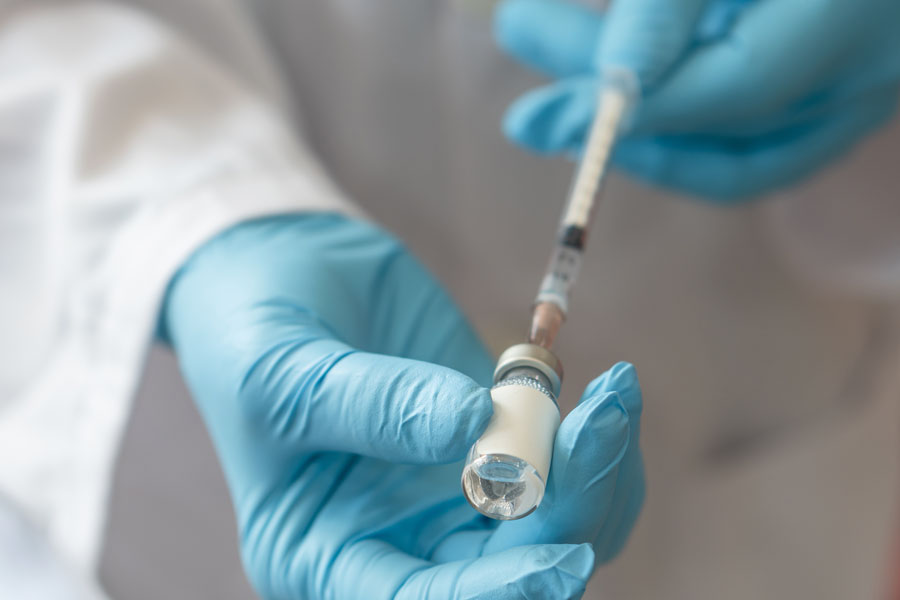
CORRECTION, NOV 11, 2021, 12:54 PM: An earlier version of this story referred to Dr. Robert W. Malone and the ‘creator’ or ‘inventor’ of mRNA technology, which is incorrect. Apparently, while Malone had claimed in his self described biographies on his website (now removed) and elsewhere, that he is or was the inventor, it has come to our attention the claim couldn’t possibly be true as it was first identified in 1961, when Malone was an infant. While Malone contributed early evidence that mRNA could be delivered and produce proteins in cells, the development of the mRNA vaccines was due to the work of hundreds of researchers, of which Malone is one.
SAN FRANCISCO, CA – An early, as of yet non-peer reviewed study out of California is suggesting that individuals that have been vaccinated against COVID-19 could run a higher risk of contracting mutated variants of the virus than people who are not vaccinated.
MedRxiv distributes complete but unpublished medical and clinical research manuscripts that have yet to undergo peer review; The study clearly notes that “This article is a preprint and has not been peer-reviewed [what does this mean?]. It reports new medical research that has yet to be evaluated and so should not be used to guide clinical practice.”
The study in question was conducted in the San Francisco Bay Area in California from February 1 to June 30, 2021, and notes that the reasoning for it was due to the fact that “Associations between vaccine breakthrough cases and infection by SARS coronavirus 2 (SARS-CoV-2) variants have remained largely unexplored.”
The study “analyzed SARS-CoV-2 whole-genome sequences and viral loads” from 1,373 individuals who had been tested positive for COVID-19, with 125 of the participants – 9.1 percent – having been “breakthrough” cases, meaning they had already been fully vaccinated against the virus.
The results of the study, it says, showed that vaccinated people were more vulnerable to some COVID variants, and that the vaccinated – while still protected against the harsher effects of the virus such as hospitalization and death should they become infected – can nonetheless spread COVID as well.
“Fully vaccinated were more likely than unvaccinated persons to be infected by variants carrying mutations associated with decreased antibody neutralization,” the study says. “These findings suggest that vaccine breakthrough cases are preferentially caused by circulating antibody-resistant SARS-CoV-2 variants, and that symptomatic breakthrough infections may potentially transmit COVID-19 as efficiently as unvaccinated infections.”
Although this new medical research has yet to be evaluated, Robert W. Malone, M.D., M.S., a prominent virologist, and one of many contributors to the discovery of messenger RNA, commented on the study on Twitter, referencing that this development was previously foreseen as a potential issue by vaccine developer Geert Vanden Bossche of Belgium.
“Predominance of antibody-resistant SARS-CoV-2 variants in vaccine breakthrough cases from the San Francisco Bay Area, California,” Malone tweeted. “As Geert has been predicting.”
While this research has not yet been peer reviewed several publications, including the New York Times and Wired question the peer-review process and whether or not the system’s weaknesses require an overhaul to make the peer review process more transparent and trustworthy.
Editor’s Note: This story contains opinions by experts in their field. We must remind the reader that the study cited is not to be considered “established” or “conclusive” evidence of the stated research and additional research is needed. The study article remains non-peer reviewed at the time of publication. Nothing should supersede the advice received from one’s own medical physician based on their specific circumstances.



Comments are closed.